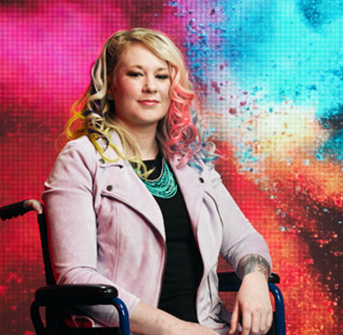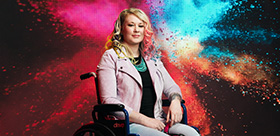Get your planning team together and start creating a path to achieve your goals.
I'm in High School
Ready to explore what your career and post-secondary options are after graduation and what it will take to get you there?
I'm out of High School
Ready to live on your own, get into college or university, or land that dream job?
I’m Looking for
Support & Resources
We’ve got tons! Check out everything available for you, your family, and your caregivers.

